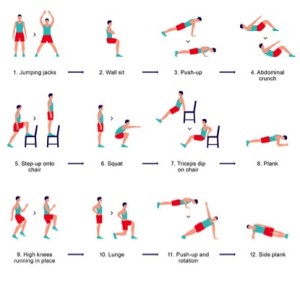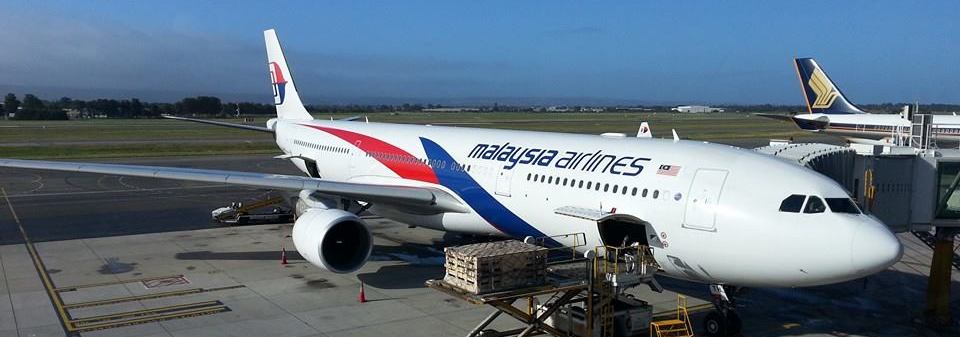Al-Musafir wishes to thank Alfiza Rahman, a certified personal trainer from Adelaide, Australia, owner of Fit Chicas Personal Training and fellow musafir (traveller), for contributing this article.
Keeping fit and healthy can be difficult when we travel especially if it takes a long time to get to a destination and worse still, if it is to a different time zone altgether. It is even more challenging for Muslims who need to travel during Ramadan, the month when Muslims fast from dawn until sunset. Where does one find the time? In any case, we should try to eat well and get in some exercise to maintain our fitness and health. Given that this is the month of Ramadan, the focus of this article is on maintaining fitness and health during this holy month but much of which also applies to musafirs (travellers).
Many Muslims use Ramadan to embark on self-reforming habits, be it on a spiritual, mental or physical level. For those who have been putting off that New Year’s resolution to get healthier and fitter, Ramadan is a good month to start focusing on healthy habits, and kickstart towards achieving your health and fitness goals. A plan that incorporates both nutrition and exercise will help you stay healthy and fit throughout Ramadan. Here are a few tips to get you started.
Nutrition
- Eat fresh, whole foods that are nutritious and not processed or junk ‘food’.
- Eat a good blend of foods that have protein, fibre and ‘good/healthy fats’ especially during suhoor (meal prior to commencing the fast) to maintain muscle mass, prevent hunger pangs and to keep your energy levels up.
- Avoid binging at night. Eat small frequent meals instead of large meals during iftar (breaking fast) and suhoor to maintain an adequate metabolism level and a balanced blood sugar level.
- Maintain proper hydration by drinking plenty of water, but try to avoid sweetened drinks.
Exercise
- Ramadan is not an excuse not to exercise. Exercising during Ramadan is especially important to maintain a healthy metabolic rate which tends to dip when fasting as the body will tend to go into preservation mode.
- The best time to exercise is after iftar or before suhoor. If you choose to exercise after iftar, eat a light meal when breaking fast and wait at least 1 hour before exercising. If you plan to exercise before suhoor, drink plenty of water before exercising.
- For those who are already exercising, Ramadan is not a month to hit personal bests, instead focus on maintaining your fitness. Consistency is key here, so reduce the intensity of your exercise so that you are not over-taxing your energy reserve.
- If you are just starting your fitness regime, start with getting 30 minutes of moderate intensity exercise at least 2 to 3 days a week. Do whichever activities you enjoy as long as you keep moving during Ramadan. Go for a stroll, a brisk walk or a jog, and if you are short on time, see this for a great example of a 7-minute workout routine that you can do just about anywhere with minimal space and equipment. Including a 5-minute warm-up and a 5-minute cool down, this exercise routine should take you no more than 20 minutes. Great for people on the go!
Always listen to your body when you begin a new exercise routine to avoid getting injured. Do what you can, when you can, but more importantly, be consistent. With proper planning and preparation, you can have your healthiest Ramadan yet, insha’Allah.

Great for people with little time such as musafirs (travellers), perfect for Ramadan. Go here for workout details.


Pingback: Maintaining health and fitness during Ramadan | Fit Chicas Personal Training